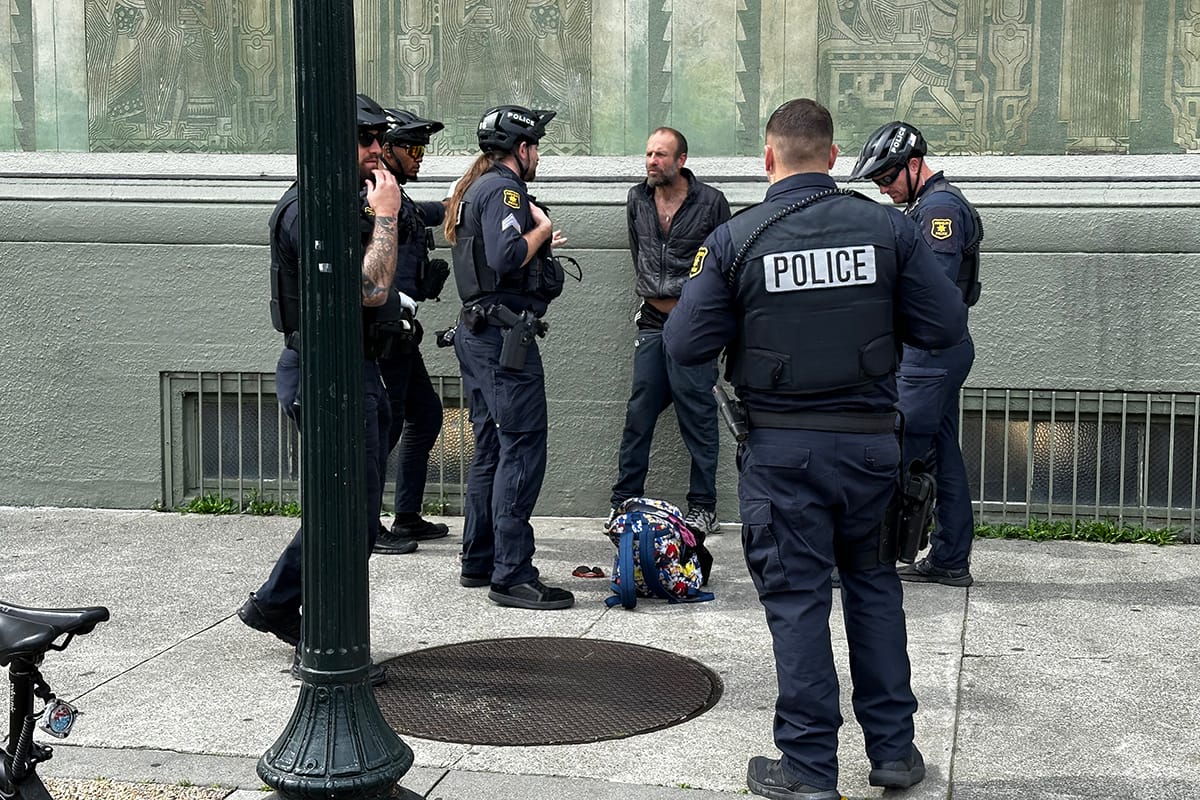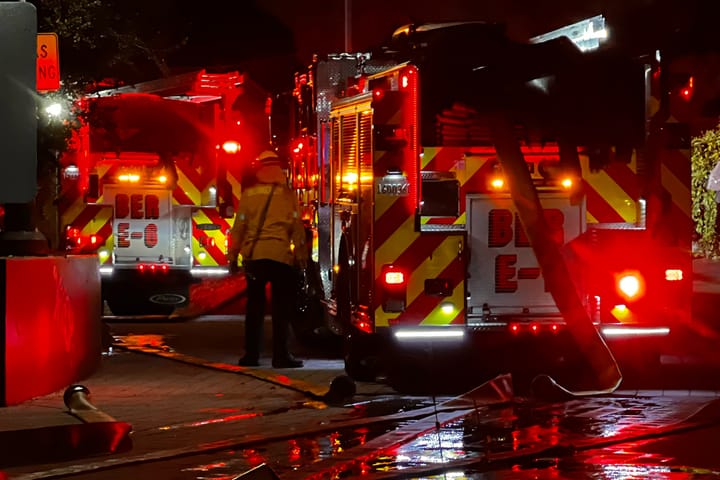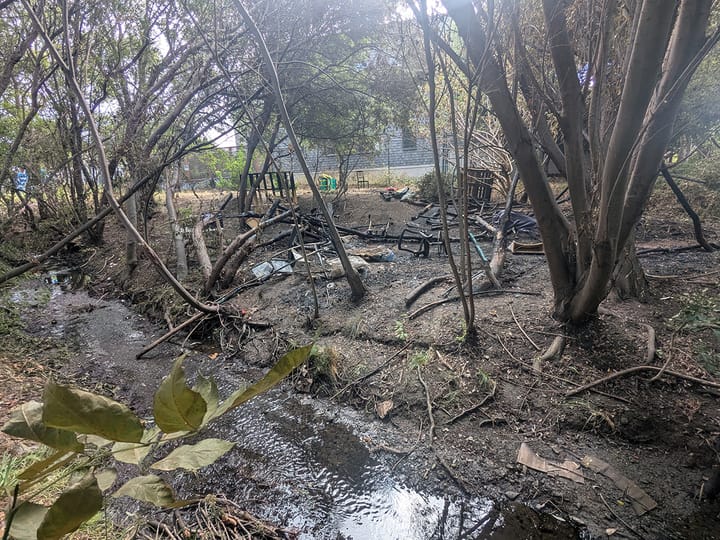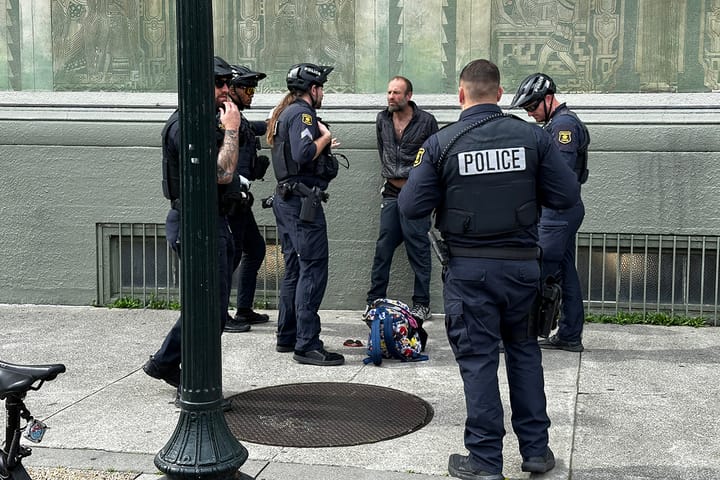'One-stop shop' for homeless health care opens in Berkeley
The new Berkeley Trust Health Center, from LifeLong Medical Care, has been years in the making, officials said this week.
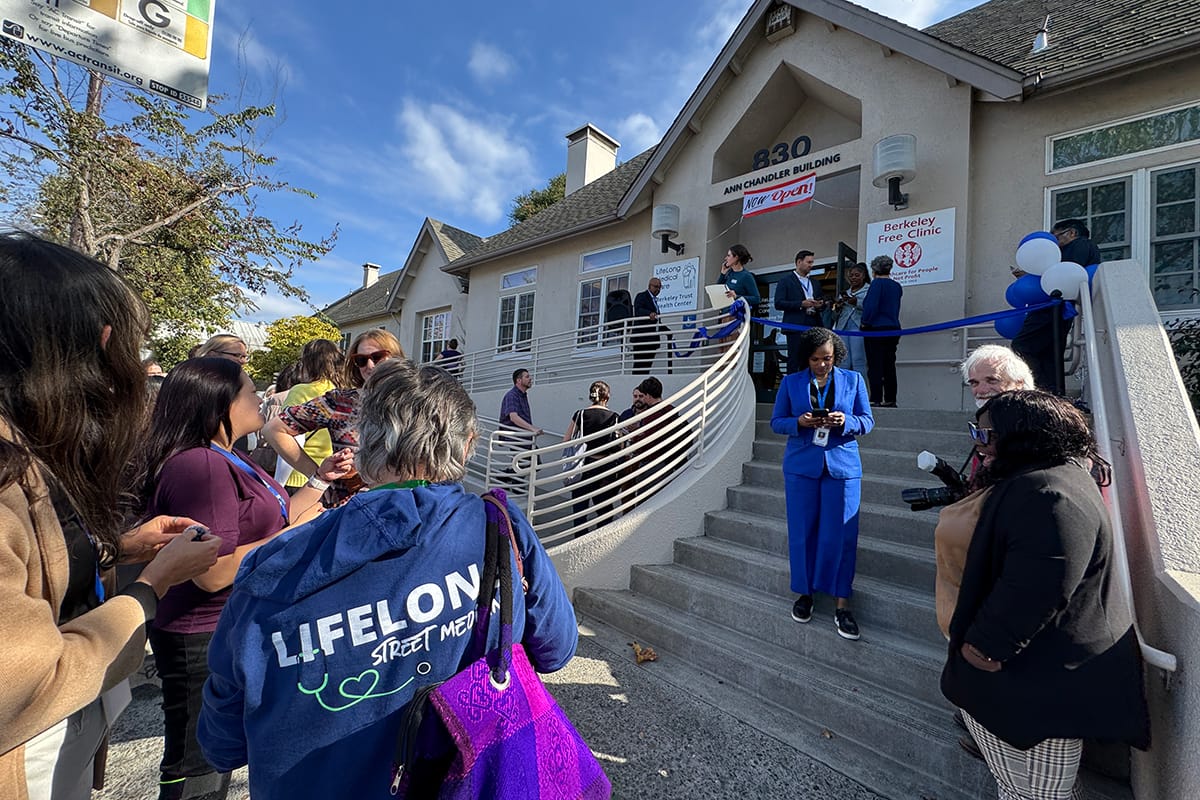
Berkeley celebrated the opening this week of a new clinic for unhoused individuals seeking primary care as well as therapy, addiction help and other critical services.
State and local officials, along with clinic staff and supporters, attended the ribbon-cutting Wednesday at the Berkeley Trust Health Center, marking the opening with music, balloons and a small reception.
"We want to make sure those in our community that need services the most, those who are most vulnerable, get what they need," said Assemblymember Buffy Wicks. "We're gonna take care of each other. We're gonna take care of our brothers and our sisters. It's something this country needs desperately right now."
The driving force behind the new clinic is LifeLong Medical Care, which already runs a revered street medicine program in Berkeley, an effort that began five years ago.
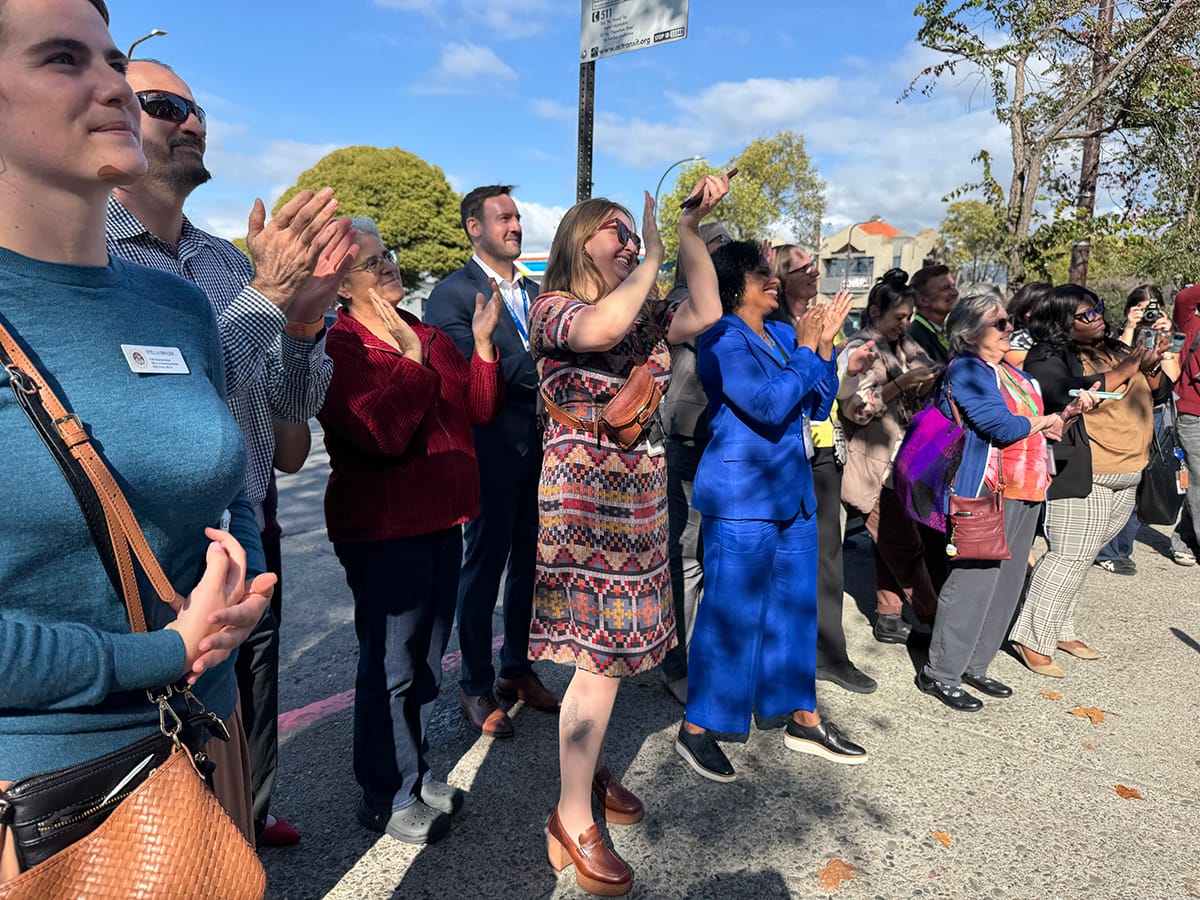
Ryan Wythe, LifeLong's homeless services director, said patients would find the same services at the new health center as they would at any other brick-and-mortar clinic, along with "an elevated level of case management" and stepped-up behavioral health support for clients.
Northern Alameda County has historically lacked services like this for people experiencing homelessness, said Wythe.
"This is really going to help bridge that gap, especially in West Berkeley," he said. "This is a kind of a central place where there have been a lot of people living outdoors."
The new health center, funded in large part through Berkeley's Measure P in addition to Medi-Cal reimbursements, shares space with the Berkeley Free Clinic on the southeast corner of University Avenue at Sixth Street.
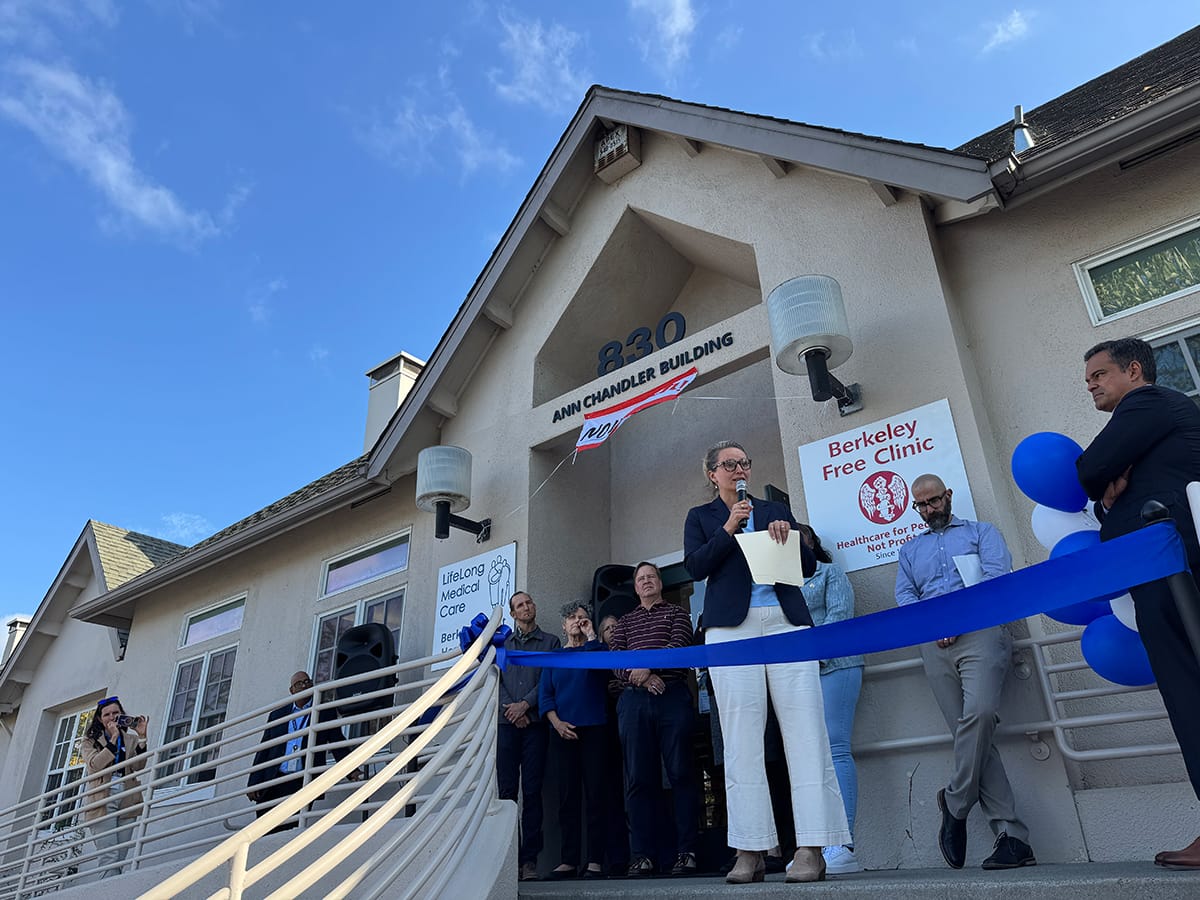
David White, Berkeley's deputy city manager, said efforts to open the clinic began more than four years ago, when Berkeley approached LifeLong about replicating its Oakland Trust Health Center model in Berkeley.
" Traditional health care settings are not equipped to handle the complex overlapping physical, mental and social needs of this population," White said. "The Trust Center is not traditional."
"Traditional health care settings are not equipped to handle the complex overlapping physical, mental and social needs of this population."
" The space is non-judgmental, trauma informed and designed to encourage engagement and trust — a critical factor for individuals who've had negative experiences with mainstream systems," White said. "And this is so very important because, when people have stable health care and behavioral health services, they're more likely to achieve housing stability and connections to social support."
The Oakland Trust Health Center has about 2,500 patients, resulting in more than 10,000 visits each year, staff said Wednesday.
Berkeley's program, which officially opened in mid-August, aims to serve 500-1,000 patients annually.

According to the most recent data, Berkeley has more than 800 homeless individuals living in the community. That number has dropped in recent years, but much work remains to be done to get more people housed.
Nearly half of Berkeley's homeless population suffers from serious mental illness, according to the 2024 Alameda County point-in-time count. More than a quarter has a substance use disorder.
On Wednesday, Deputy City Manager White noted that 21% of those surveyed as part of the point-in-time count said they had lost their housing due to health issues.
After the ribbon-cutting ceremony, LifeLong staffers led visitors on a brief tour of the new facility.
They explained that the clinic offers both scheduled appointments and drop-in options, particularly for those seeking therapy.
"We offer both side by side," said Dr. Jason Reinking. "It can make the clinic a little chaotic if you come here in the future — but that's OK. That's how we work."
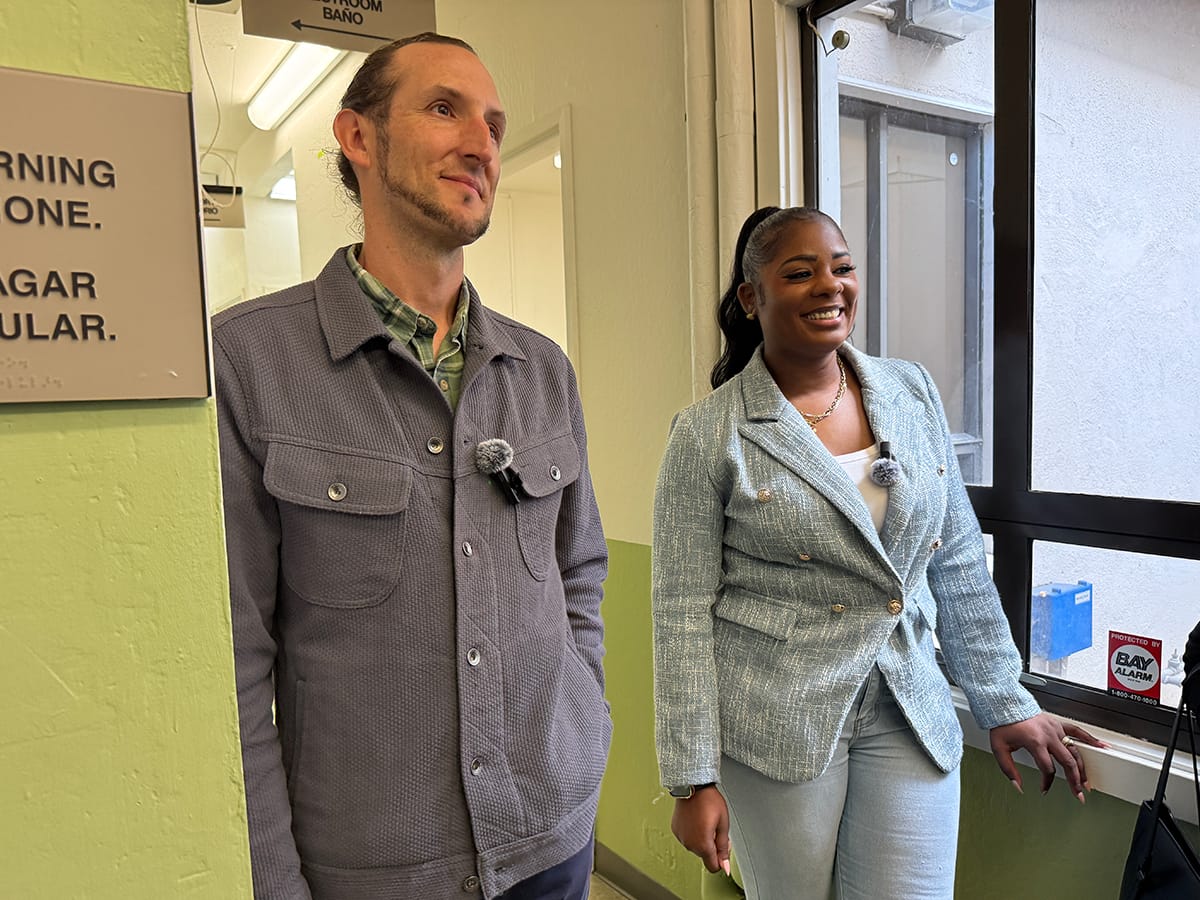
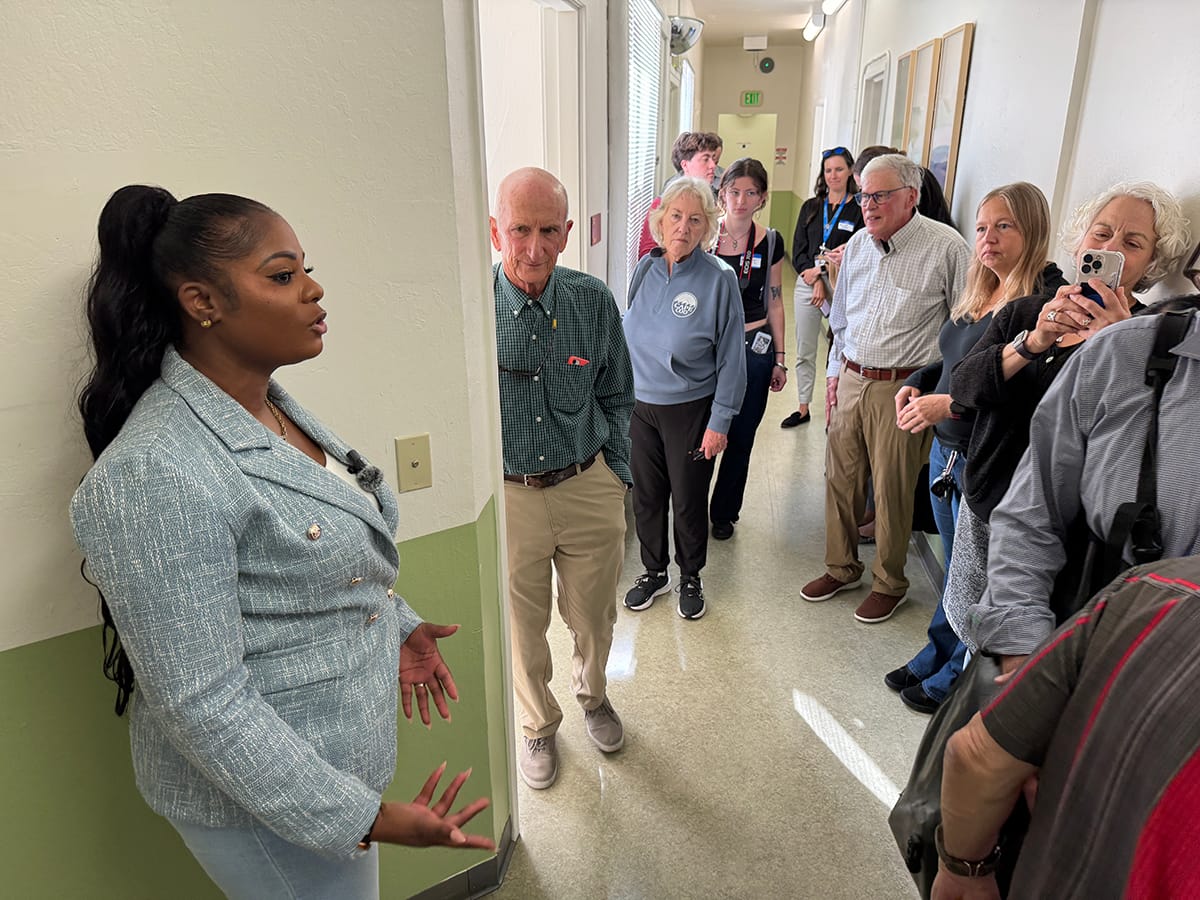
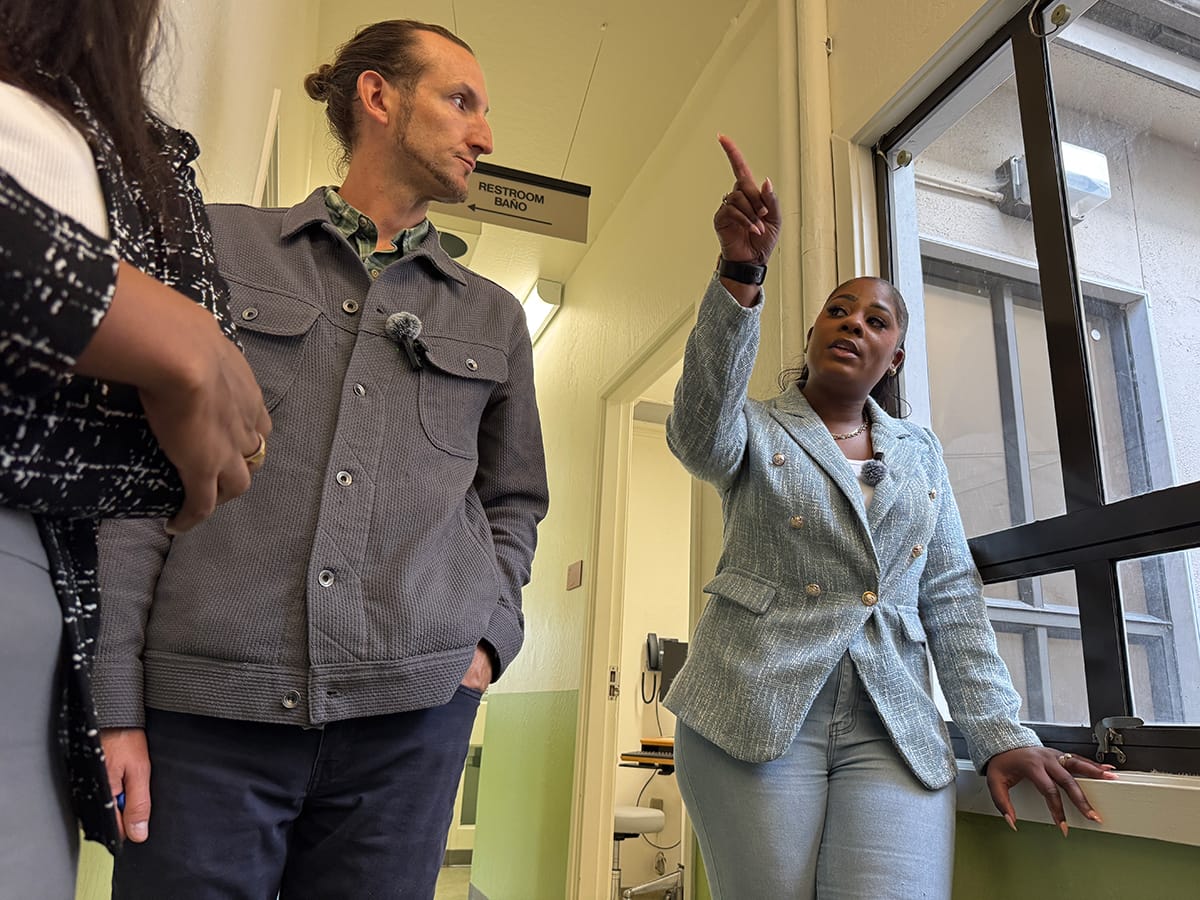
Dr. Jason Reinking and Jandera Waterman, center director at both Trust health centers, lead a tour Wednesday. Emilie Raguso/TBS
The Berkeley clinic already has about 60 patients enrolled, he said. And new ones are coming in daily, as word about the new program spreads.
On-site offerings include wound care as well as phlebotomy and diagnostic imaging. All the providers are trained in ultrasound, Reinking said.
LifeLong also works to connect clients to case management and housing services through different partnerships.
"We try to make the work we do here a one-stop shop," he said. The goal, he added, is to "do as much as we can in a single encounter."
On Wednesday, Berkeley Hills Councilman Brent Blackaby said he appreciated that the new health center would reach people who may not otherwise get medical services, which in turn would help them get to a more stable place in their lives.
" We want to make sure that we're helping people wherever they are in this journey," he said. "And this is an important part of that."
John Jenkins, LifeLong's interim CEO, described the program as "a permanent source of care for the unhoused — dedicated to meet the unmet need."
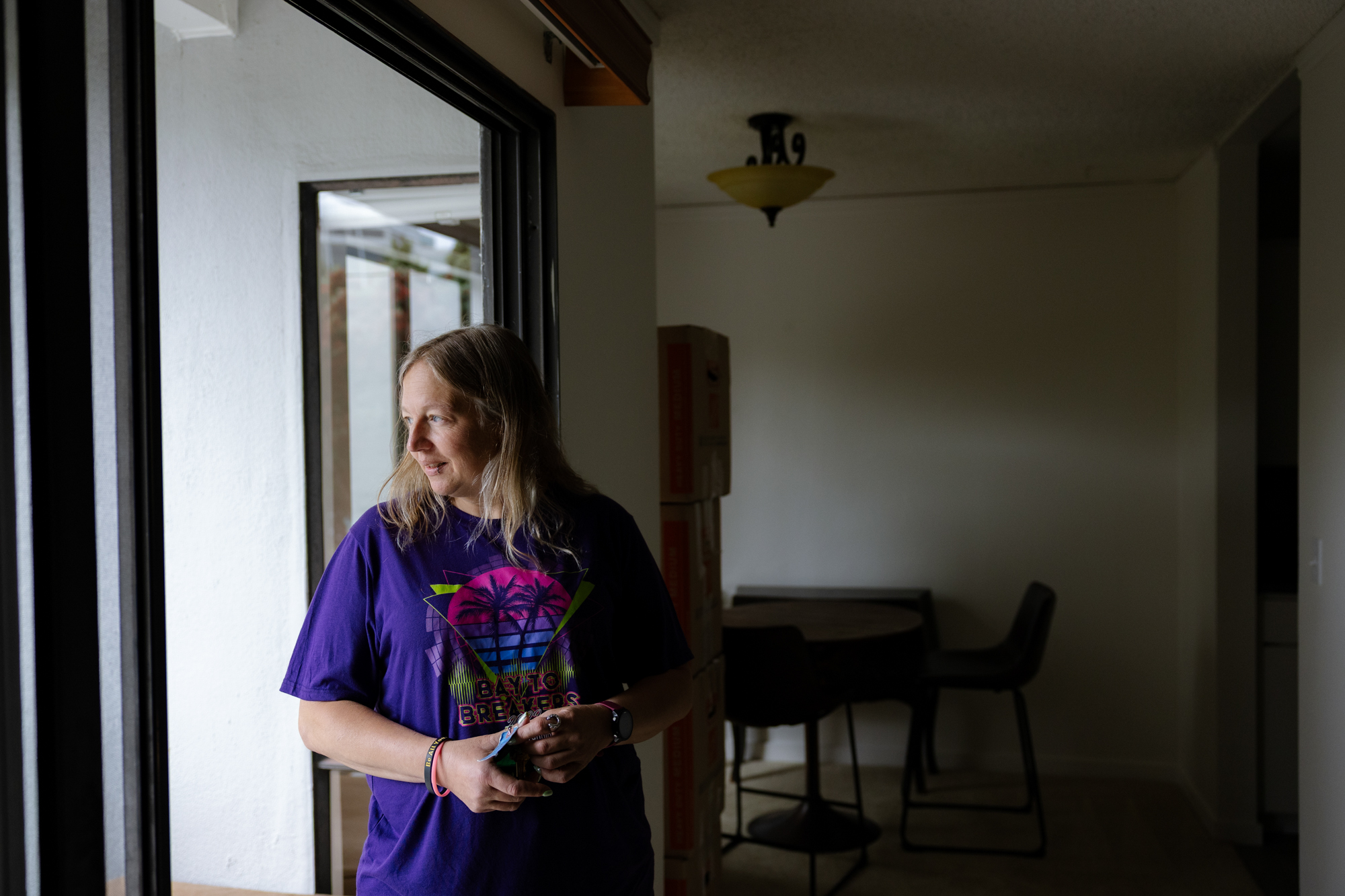
Jenn Oakley, a LifeLong board member who was unhoused for 10 years, also attended Wednesday's event in Berkeley.
Oakley said she had been a Trust Health Center patient herself, in Oakland, before getting off the street.
Oakley originally got to know LifeLong through its street medicine team, then later began going to the Oakland clinic.
There, she was able to shower. It gave her a place to get her mail. There were mental health services as well as meals to pick up. And, of course, health care for her primary care needs.
That included helping her recover from a life-altering stroke.
"They are so well rounded," Oakley said. "I don't think I could have made it without the Trust clinic."
Related coverage
